Search Engine Positioning: Benefits + Strategies to Improve
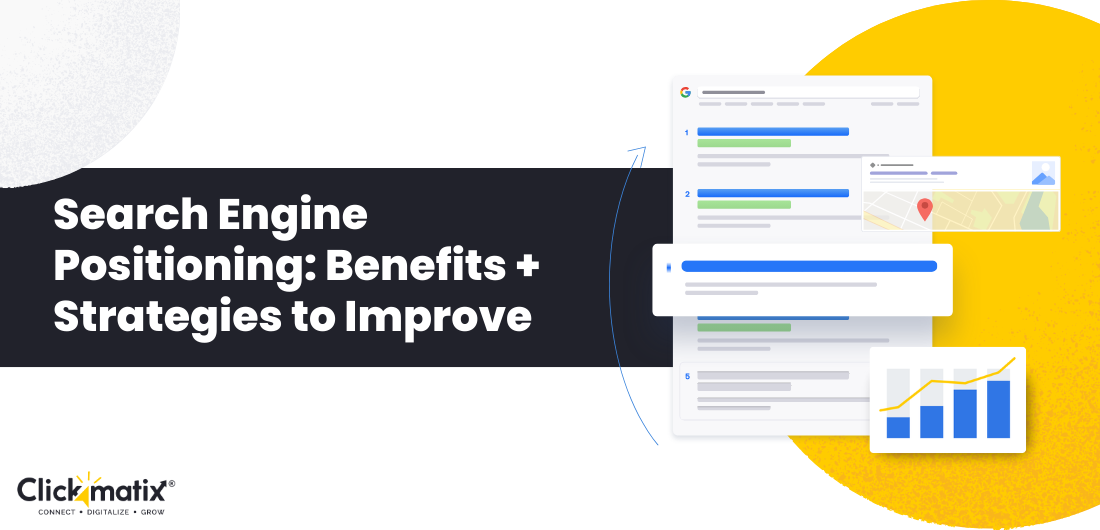
Imagine your website as a store in a busy shopping centre. If it’s in the back corner, no one will find it. But if it’s right at the front door, everyone will see it. That’s what search engine optimisation (SEO) positioning can do for your website. It can help your website be seen by more people.
In this article, we’ll talk about search engine positioning and how you can use it to make your website more popular. We’ll discuss what makes a website rank high in search results, the good things that happen when your website is ranked high, and the best ways to improve your website for it. Let’s get started!
What Is Search Engine Positioning?
Search engine positioning is the strategy of making your website appear at the top of search results. This helps more people see your website and visit it.
How does it work?
Search engines like Google use a special set of rules to decide where your website should be. These rules look at things like:
- How good your website is at answering people’s questions
- How easy it is to use your website
- How many other websites link to your website
The goal is to make your website follow these rules so it can be at the top of the search results.
Key Factors for Success:
- Make good content: Write helpful and interesting articles that people want to read.
- Get links from other websites: Ask other websites to link to yours to show it’s important.
- Make your website work on phones: Make sure your website looks good and works well on phones.
- Make your website fast: Make your website load quickly so people don’t get bored.
Why Is Search Engine Positioning Important?
Many people click on the first few websites they see in search results. Being at the top can help more people visit your website, which can lead to more sales or people signing up for your services. Here are a few reasons why you should invest in search engine positioning.
- More customers: The higher you rank, the more people will see your website. This means more people will buy from you.
- Better brand: People trust websites that are at the top of search results. It makes your business seem more reliable.
- Stay ahead: If your competitors are doing search engine positioning, you need to be too. It’s like racing: if you don’t keep up, you’ll lose.
In short, search engine positioning efforts are important for online success. It helps you reach more people, build a strong brand, and stay ahead of others.
Best Practices to Maximise Your Search Engine Positioning on Google
Improving your search engine positioning requires a multifaceted approach. Here are some of the best practices to help you maximise your efforts:
- Keyword Research and Optimisation
Keywords are like bridges that help people find your website. When you use the right keywords, you’re telling search engines what your content is about.
Tools like Google Keyword Planner, Ahrefs, and Semrush are like treasure maps. They help you find keywords that people are searching for. The trick is to find keywords that are popular but not too hard to rank for.
Once you have your keywords, it’s time to use them on your website. Here’s where to focus:
- Titles and Meta Descriptions: These are the first things people see in search results. Make sure your keywords are there.
- Headers: Use headers (H1, H2, etc.) to break up your content and emphasise key points. Include your keywords in these headers.
- Content: Naturally put your keywords into your content, but don’t use them too much. Search engines like quality content, not just keywords.
By following these tips, you’ll be on your way to making your website more visible and attracting more people. Keyword research and optimisation are ongoing processes. Keep checking your results and changing your strategy as needed.
- High-Quality Content Creation
Everyone knows content is important, but not all content is the same. To do well in SEO, you need to create content that people want to read. It should be helpful, interesting, and related to what your audience is interested in. Think of it like a good conversation: it’s fun, useful, and makes people want to talk more.
Search engines like websites that are always up-to-date. That’s why it’s important to check your content often and make changes. This could mean adding new things, fixing mistakes, or even turning old content into a new type. By keeping your content fresh, you’re showing search engines that your website is active and important.
Good content isn’t just about ranking higher in search results. It’s about building trust with your audience and turning them into loyal customers. So, put in the effort, and your website will do well.
- Technical SEO
No one likes to wait for a website to load. And search engines feel the same way. When your website is slow, it can hurt your search rankings and drive away visitors.
Use tools like Google PageSpeed Insights to find ways to make your website faster. This might mean compressing images, making your code smaller, or using browser caching. By making your website faster, you’ll make it easier for people to use and boost your SEO.
More and more people are using their phones to go online. That’s why it’s so important to have a website that looks good and works well on mobile devices. Google even uses the mobile version of your website to decide how high it should rank in search results.
To make your website mobile-friendly, you can use responsive design. This means that your website will automatically adjust to fit different screen sizes. You should also test your website on different devices to make sure it works properly.
- Link Building Strategies
Backlinks are like your friends recommending you. When other websites link to yours, it’s like them saying, “Hey, this website is awesome!” Search engines pay attention to these recommendations. The more good backlinks you have, the more people will trust your website.
- Make Content People Want to Share: Create content that people will love and want to share with others.
- Write for Other Websites: Write articles for other websites in your industry. This is a great way to get your name out there and earn backlinks.
- Join Online Communities: Be part of groups and forums related to your niche. By being helpful and friendly, you can attract backlinks.
- Work with Other Businesses: Work together with other businesses in your industry. You can help each other promote your websites and earn backlinks.
Quality is more important than quantity. Focus on getting backlinks from good websites that are related to your industry. By following these tips, you can improve your website’s search engine rankings and attract more visitors.
- User Experience (UX)
Think of a good website like a well-organised store. You want people to find what they need quickly and easily. When people can easily navigate your website, they’re more likely to stay and look around. Make sure your menus are clear, the pages are in good order, and there’s a simple search bar.
Bounce rates are like people walking into a store and leaving right away. You don’t want that! When people bounce off your website, it means they didn’t find what they were looking for or didn’t like their visit.

Get weekly insights for revenue-shifting results
Sign up for our newsletter and be the first one to know about our exclusive offers, digital marketing news and updates.
|
|
Thank you for Signing Up |


To reduce bounce rates, make sure your website loads quickly, has interesting and helpful content, and tells people what to do next (like buy something or sign up). By making your website easy to use, you’ll keep people interested and improve your search engine rankings.
How Can You Check the Position of a Page in a SERP?
Understanding your current position on search engine results pages (SERPs) is crucial for tracking progress. It helps you measure the impact of your SEO efforts and identify areas for improvement. Here’s how you can check your page’s position:
Using Google Search Console
- Access Google Search Console: If you haven’t already, sign up for a Google Search Console account using your Google account.
- Select Your Property: Choose the website you want to analyse.
- Navigate to Performance Report: Go to the “Performance” section.
- Search Query Report: Under “Dimensions,” select “Query.”
- Enter Your Keyword: Type in the keyword you want to track.
- View Average Position: The average position of your page for that keyword will be displayed.
Manual Search and Incognito Mode
- Open Incognito or Private Browsing: This ensures your search history doesn’t influence the results.
- Search for Your Keyword: Type your target keyword into the search bar.
- Find Your Page: Scroll through the search results until you find your page.
- Note the Position: Check the position of your page relative to the other results.
Search engine positioning efforts can fluctuate based on factors like location, device, and user behaviour. It’s essential to conduct regular checks to get an accurate picture of your page’s performance.
Search Engine Positioning vs. SEO: What’s the Difference?
Search Engine Optimisation and Search Engine Positioning are often used interchangeably, but they’re not quite the same thing. Let’s break down the differences:
SEO is a comprehensive strategy that aims to improve your website’s overall visibility and performance in search engine results. It involves a wide range of techniques, including:
- Keyword research: Identifying the most relevant search terms for your target audience.
- Content creation: Developing high-quality, informative, and engaging content.
- On-page optimisation: Optimising your website’s HTML code, content, and structure.
- Off-page optimisation: Building backlinks from other reputable websites.
- Technical SEO: Ensuring your website is technically sound and accessible to search engines.
SEO is the foundation of your online marketing efforts. It’s about creating a website that is both user-friendly and search engine-friendly.
Search Engine Positioning is a subset of SEO that focuses on improving the ranking of specific pages or URLs in search engine results for targeted keywords. It involves techniques like:
- Keyword optimisation: Strategically placing relevant keywords throughout your content.
- Meta tag optimisation: Crafting compelling meta titles and descriptions to entice users to click.
- Internal linking: Structuring your website with internal links to improve navigation and search engine crawling.
- Page speed optimisation: Ensuring your pages load quickly to enhance user experience.
While SEO is about improving your entire website, search engine positioning is about achieving top rankings for particular pages.
By implementing an SEO strategy, you can improve your website’s visibility and increase the chances of your pages ranking for relevant keywords.
Putting it in short – SEO is the vehicle, and search engine positioning is the destination. To reach your desired destination, you need a well-maintained and well-equipped vehicle.
Conclusion
Improving your website’s search engine ranking is a never-ending job. It takes a lot of work, but it’s worth it. You need to know about technology, create good content, and plan carefully. Implementing all these can make your website more visible and attract more visitors.
SEO is an investment in your business’s future. The time and effort you put into making your website better will pay off in the long run. So, don’t be afraid to try new things, see how things work, and keep up with the latest SEO tips.
With hard work and patience, you can make your website one of the top ones in search results and achieve the online success you want. Partner with an SEO Agency today!
In search for strategic sessions?
Let us understand your business thoroughly and help you
strategies your digital product.
It's time to call your business-
a brand!
Australian Owned Agency
Save Time and Money
Unbeatable Value
Where Work Gets Done

free Ecommerce SEO guide for Higher Sales & Conversion



THE ULTIMATE MARKETING GUIDE FOR LAWYERS



Youtube Ads Guide How to Advertise on Youtube



free Ecommerce SEO guide for Higher Sales & Conversion


It's time to call your business-
a brand!
Australian Owned Agency
Save Time and Money
Unbeatable Value
Where Work Gets Done


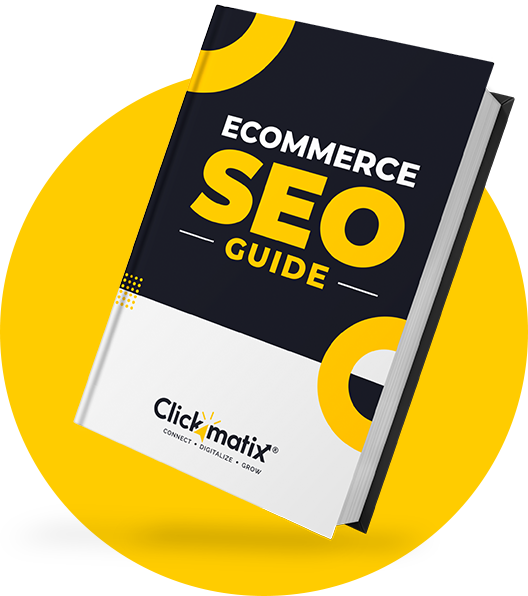
The Game-Changing Ecommerce SEO Guide That Will Blow Your Mind & Sales
With this Ecommerce SEO Guide, you'll be able to:
- Develop a Ecommerce SEO strategy.
- Build a content marketing strategy that aligns with your business goals.
- Convert your website visitors into paying customers.



Youtube ads guide how to advertise on youtube
With this Youtube ads Guide, you'll be able to:
- Develop a Youtube ads strategy.
- Build a type of ads of your own that aligns with your business goals.
- Generate revenue from youtube ads.
It's time to call your business-
a brand!
Australian Owned Agency
Save Time and Money
Unbeatable Value
Where Work Gets Done








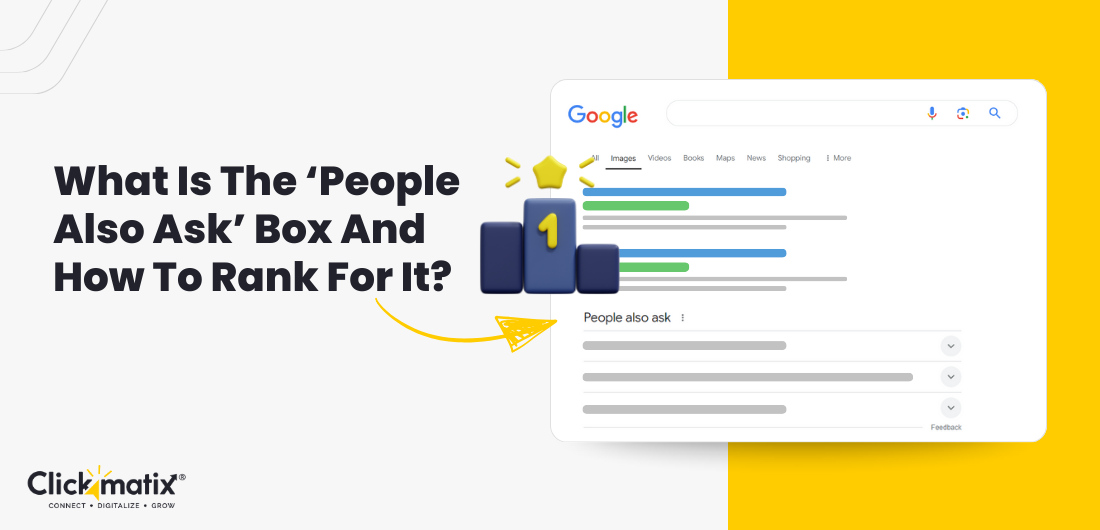
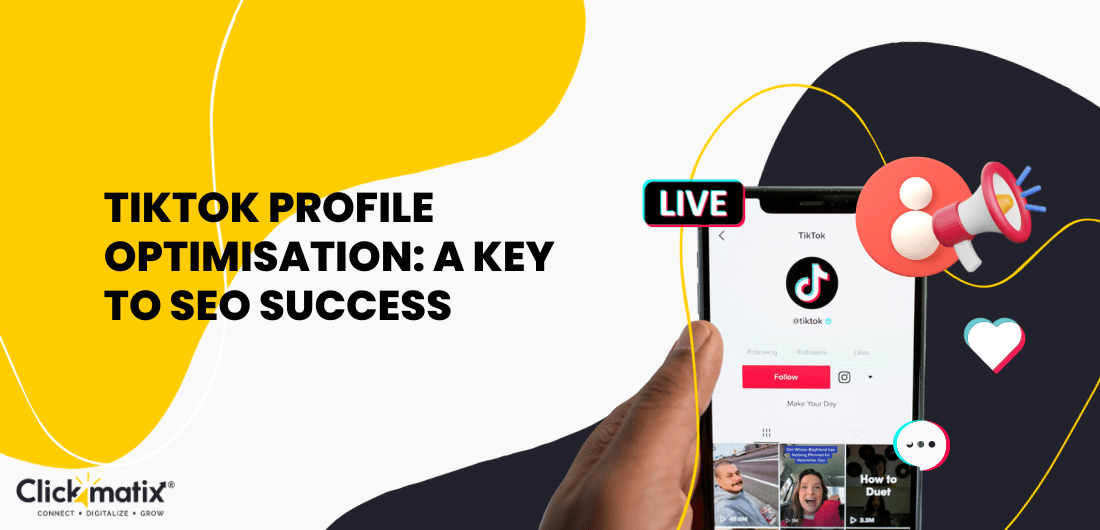
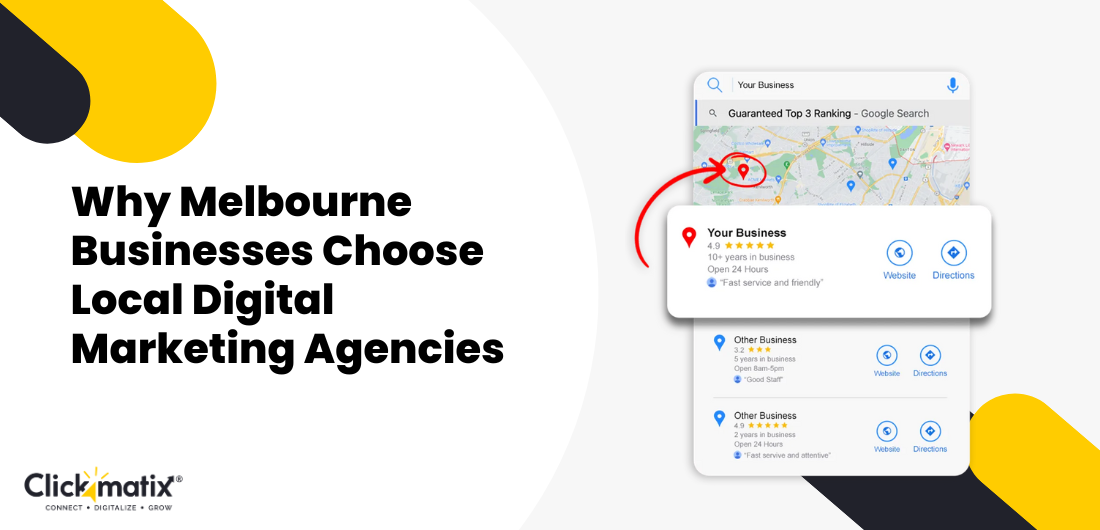


 Australian Owned Agency
Australian Owned Agency Save Time and Money
Save Time and Money Unbeatable Value
Unbeatable Value Where Work Gets Done
Where Work Gets Done